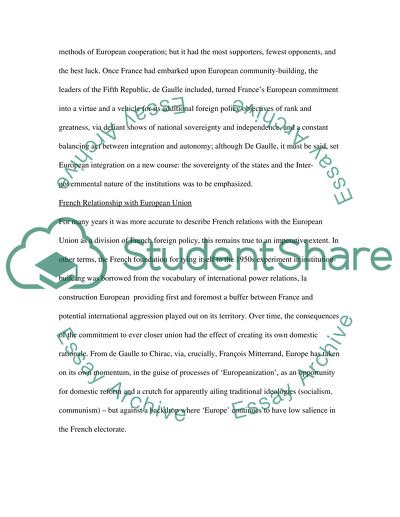Cite this document
(France and the European Union Report Example | Topics and Well Written Essays - 1750 words, n.d.)
France and the European Union Report Example | Topics and Well Written Essays - 1750 words. https://studentshare.org/politics/1519784-france-and-the-european-union
France and the European Union Report Example | Topics and Well Written Essays - 1750 words. https://studentshare.org/politics/1519784-france-and-the-european-union
(France and the European Union Report Example | Topics and Well Written Essays - 1750 Words)
France and the European Union Report Example | Topics and Well Written Essays - 1750 Words. https://studentshare.org/politics/1519784-france-and-the-european-union.
France and the European Union Report Example | Topics and Well Written Essays - 1750 Words. https://studentshare.org/politics/1519784-france-and-the-european-union.
“France and the European Union Report Example | Topics and Well Written Essays - 1750 Words”. https://studentshare.org/politics/1519784-france-and-the-european-union.


